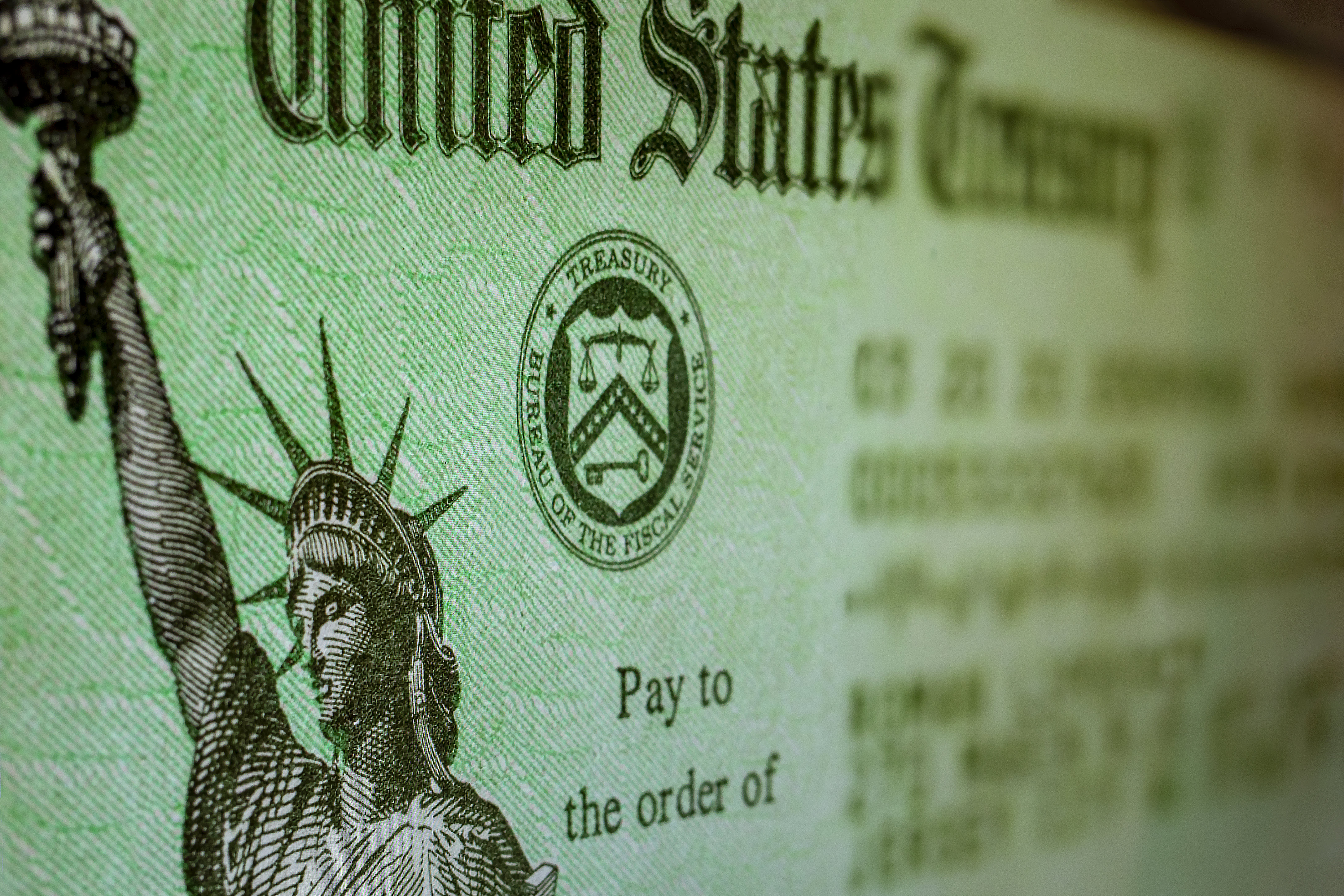bymuratdeniz
President Joe Biden signed $1.9 trillion in new coronavirus relief into law on Thursday, which means $1,400 stimulus checks could start to reach Americans in the coming days.
Payments should go to about 159 million households.
“People can expect to start seeing direct deposits hit their bank accounts as early as this weekend,” White House press secretary Jen Psaki said Thursday.
“Payments to eligible Americans will continue throughout the course of the next several weeks,” she said.
The checks will be a maximum of $1,400 per individual, or $2,800 per married couple, plus $1,400 per dependent.
Like past direct payments, this third round will be based on income.
The income limits for those to receive the maximum amount will remain the same. Individuals who earn up to $75,000 in adjusted gross income, heads of household with up to $112,500, and married couples who file jointly with up to $150,000 will get the full $1,400 per person.
This time, however, the amount phases out at a faster clip. Payments will be capped at $80,000 per individual, $120,000 for heads of household and $160,000 for married couples. People at those adjusted gross income levels and above will receive nothing.
Consequently, fewer people will receive reduced payments this time around.
“If you got a full payment last time, you will get the full payment this time,” provided your income has not substantially changed, said Steve Wamhoff, director of federal tax policy at the Institute on Taxation and Economic Policy.
The $1,400 checks will generally be based on either 2020 or 2019 tax returns, depending on the most recent filings that have been processed by the IRS.
The government will also send payments to any non-filers it has on record.
Here’s a breakdown of who else may or may not receive money this time.
Adult dependents
The $1,400 payments will also go to eligible dependents. This time, that includes those ages 17 and up.
The money will be sent to those adults who claimed the dependents.
Mixed-status households
As with past checks, individuals will need a valid Social Security number in order to qualify.
So if you file your taxes with an Individual Taxpayer Identification Number, or ITIN, you do not qualify.
For married couples where one spouse has a Social Security number and one spouse has an ITIN, only the spouse with the Social Security number will get a payment. Their children will also qualify, provided they also have valid Social Security numbers.
“There were a lot of folks who thought we should just give the checks to everyone,” Wamhoff said. “This legislation takes an in-between approach.”
President Joe Biden signs the American Rescue Plan on March 11, 2021, in the Oval Office of the White House in Washington, DC.
Mandel Ngan | AFP | Getty Images
Deceased individuals
People who were alive as of Jan. 1 will qualify.
People with unpaid debts
People who have unpaid private debts — excluding outstanding child support payments or tax debts — could be at risk for having their stimulus checks garnished.
That’s due to the fact that lawmakers used a process known as budget reconciliation to pass the coronavirus relief package which limited their ability to prevent garnishment of the payments. However, banking and consumer trade groups have called for follow-up legislation to change that.
If you miss out this year
If you receive no $1,400 payment or a reduced check, but your income changes, you may be able to claim the money you are due when you file your taxes next year.
“Any change, either a slight reduction in earnings or even just putting more money in a traditional IRA or a 401(k) could yield a much bigger total payment when they do their 2021 taxes,” said Garrett Watson, senior policy analyst at the Tax Foundation.
“There’s a subset of folks who will be in that situation,” Watson said.
That also goes for this year’s tax-filing season for people who missed out on the previous $1,200 or $600 payments. You can claim a recovery rebate credit to recoup any money you were possibly owed. This is also available to people who typically do not file tax returns because their income is too low.
The IRS website provides information on free filing tools.
